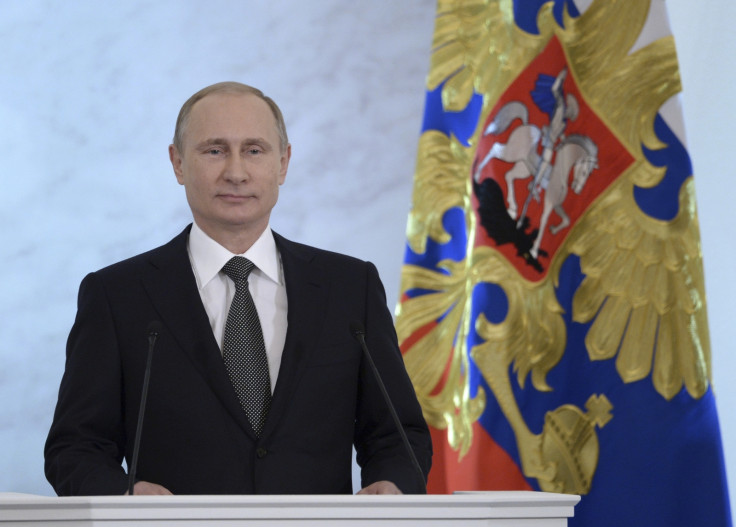Russian economy facing a year in the doldrums

Russia's economic crisis is set to extend over the long-run as the World Bank predicted the Russian economy would contract by 0.7% in 2015.
Stocks and bonds have gone the same way as the rouble in recent days, as business and investor confidence in Russia slides.
This year's economic malaise stems from two sources. Heavily reliant on oil and gas exports to fund its budget, Russia has been badly damaged by the spectacular decline in oil prices since the summer. Meanwhile, economic sanctions imposed by the West over Russia's role in the Ukraine crisis have damaged the Russian economy further.
Those sanctions have restricted Russian companies' access to global financial markets and have stopped Western businesses from dealing with certain Russian firms.
In recent days, Russia's Micex Index has fallen by more than 7%, while yields on corporate dollar debts have reached their highest level since 2009.
Looking to the year ahead, the World Bank has predicted that an average oil price of $78 a barrel in 2015 will lead to economic growth of 0.7% overall.
"Investment is projected to contract for a third year in a row in 2015, because of continued uncertainty, restricted access to international financial markets by Russian companies and banks, and lower consumer demand," said Birgit Hansl, the World Bank's top Russia economist.
Meanwhile, analysts have forecast that the recession could start to affect Russian consumers in the coming months, which could in turn pose a greater political challenge for Vladimir Putin himself.
The Russian President has overseen a period of impressive growth and improved living standards for many Russians during his stints in power, but high inflation could wipe out some of those gains.
Already at 9% due to the falling value of the rouble, experts predict that inflation could reach 10% by the end of the year, eroding the value of Russians' savings and earnings further.
© Copyright IBTimes 2024. All rights reserved.






